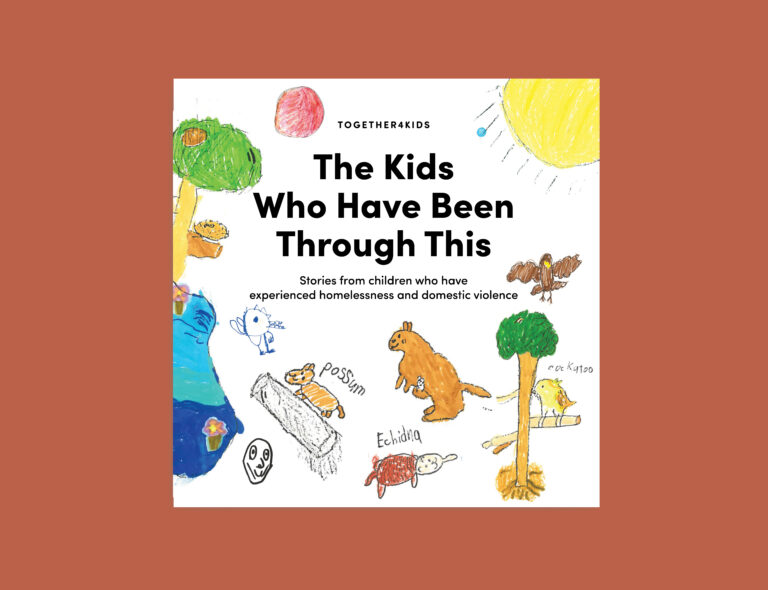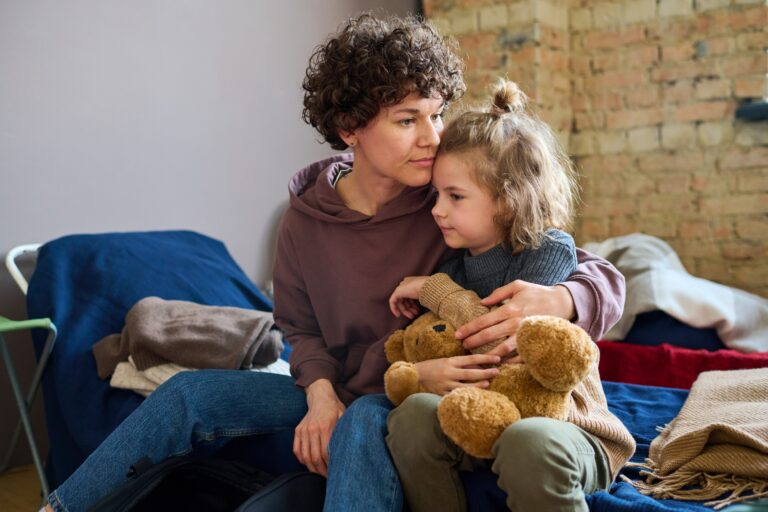This introduction video to the Let’s Talk About Conflict video series talks about why we should deal with conflict. It is a seven-part video series, each 5–10 minutes duration, supportive learnings and takeaways.
It was written by two Professors of Developmental Psychology: Jennifer McIntosh and Craig Olsson from the Centre for Social and Early Emotional Development (SEED), Deakin University, and was produced by Relationships Australia SA.
Explore how Parental Relationships Affect Children
The series is designed for use by parents, whether they live together or are separated. It is a practical tool to support them to reduce the impact of their conflict on their children’s emotional and social development.
Based on more than 20 years of scientific research and practice evidence, it features ideas and tips from experts that are direct and to-the-point. The series also highlights the real experiences of parents who have made real-life challenges related to the conflict in their family.
What you will Learn
Using the garden as a metaphor to facilitate understanding, parents will learn what ‘parental conflict’ is and why it is important to move beyond just living with it, to talking about it.
Science can help parents of this generation to:
- better understand how parental conflict can interfere with children’s attachment security;
- how children of different ages try to adapt to parental conflict;
- how parents can manage parental conflict, and;
- how they can be their child’s hero by preventing and repairing damage from parental conflict.
Watch the Full Series
To explore more about how parental relationships affect children, what the full series:
- Introduction: Let’s Talk About Conflict
- Part 1: What is ‘parental conflict’, and why should we talk about it?
- Part 2: What your parents did not know
- Part 3: How does parental conflict impact on child development?
- Part 4: How do children adapt to parental conflict?
- Part 5: How can parents manage parental conflict?
- Part 6: How can parents help repair damage from parental conflict?
Acknowledgments
Let’s Talk About Conflict © was written by Jennifer E. McIntosh and Craig Olsson from the Centre for Social and Early Emotional Development (SEED), Deakin University. It was produced by Relationships Australia SA.
If you feel like you need extra support Relationships Australia SA also offers a range of services for families and children and youth that can help. Together4Kids provides therapeutic support to children aged 0–12 to help them: overcome trauma, strengthen children’s ability to deal with difficult feelings and reactions, and adjust to family changes and disruptions. Get in touch with us today.











